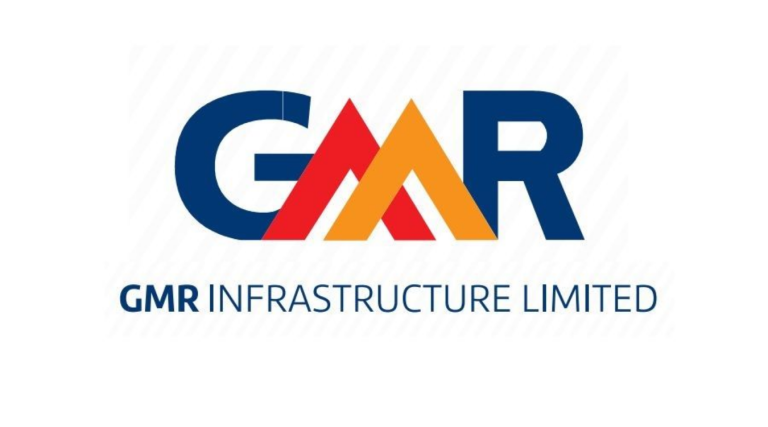GMR Infrastructure (Grandhi Mallikarjuna Rao Airports Infrastructure Limited) has come up with its Q1 consolidated financial results for the fiscal year 2024-25 and interestingly, the company has posted a significant growth in its net loss. Net losses increased to more than double the previous year and stood at ₹337.57 crore compared to ₹167.58 crore compared to the previous quarter which is Q4-FY24. This shows a very contrary situation to the company’s problems even as it had higher revenues.
Growth Plan of GMR Infrastructure
There are current development proposals that include increasing terminal handling capacity, constructing a second runway, and erecting a new ATC. These efforts will achieve the objective of increasing the capacity for future development. The business plays a significant role in infrastructure development initiatives. In particular, current and planned capacity enhancement initiatives such as Delhi, Hyderabad, and Crete airports prove GMR’s focus on increasing physical capacity and operational capacity.
GMR plans to operate as a pure play in the airport business thereby capitalizing on the company’s skills and other infrastructure in the aviation segment. By implementing these strategies, GMR Infrastructure is aimed at achieving sustainable growth and developing infrastructure in India.
Revenue Growth and Profit Shift
Revenue from operations recorded a healthy 19% growth and touched ₹ 2,402.20 crore for the quarter that ended on 30th June 2024. This increase was primarily attributed to the company’s airport infrastructure segment. EBITDA (Earnings Before Interest, Tax depreciation, and Amortization) has increased to ₹1,016.35 crore up from ₹860.28 crore in the year-ago period. Nevertheless, there was a marginal decrease in the EBITDA margin on a year-on-year basis.
Net profit margins thus dropped from a small profit of 0.77% as seen in the prior year to deeper losses of (-14. 05%) in the most recent quarter. This shows that some tough financial challenges are awaiting GMR Infrastructure in the future. There was a merger between GMR Airports (GAL) and GMR Airports Infrastructure (GIL) in July 2024. GIL holds high ownership of airports in India and other countries of the world. For instance, passenger traffic during this period reached its highest quarterly level ever at Delhi Airport.
Recent Milestones achieved in their expansion plans
Goa airport construction is actively underway, and the ceremony is scheduled for August this year. Both Delhi and Hyderabad Airport expansion works are going on as planned. This concession meant that GMR secured the rights to manage Medan Airport situated in Indonesia. The Supreme Court affirmed the ruling of the Bombay High Court that awarded the concession rights of Nagpur Airport to GMR Airport. The CP3 tariff order for Hyderabad Airport was issued by the Airport Economic Regulatory Authority (AERA) on the 31st of August, 2021. Such accomplishments showcase the capacity of GMR to increase the airport facilities and also grow the network.
It is essential to maintain the recent activities completed by GMR Infrastructure as a significant factor in its financial results. Airports being extended further to handle more passengers include Goa, Delhi, and Hyderabad which reflects higher passenger traffic and operational income. With an increasing number of passengers utilizing these amenities, there is an improvement in the top-line sales for GMR. GMR made a breakthrough in increasing its international portfolio by acquiring the concession to operate Medan Airport in Indonesia. Sales from overseas businesses may help strengthen total corporate earnings.
This brings legal certainty and is opportune for the parties involved – Nagpur Airport’s concession rights have been confirmed by the Supreme Court. Thus, consistent operations of the Nagpur Airport help in generating Revenues. The recently issued tariff order for Hyderabad Airport by the Airport Economic Regulatory Authority (AERA) fixed certain predictable revenues. The existence of clear tariff guidelines is helpful to the financial forecast of GMR.
Conclusion
GMR has been managing its finances as it goes through the challenges of operating in the infrastructure industry. Several factors have remained relevant for the company’s future performance including strategic activities and airport assets.

Note: You can reach us at support@scoopearth.com with any further queries.
Linkedin Page : https://www.linkedin.com/company/scoopearth-com/
